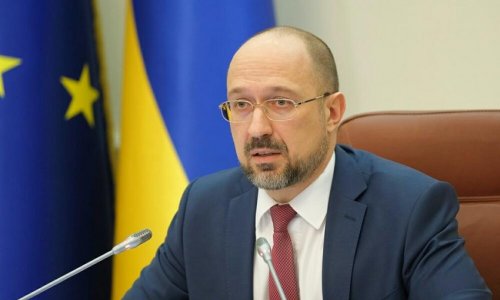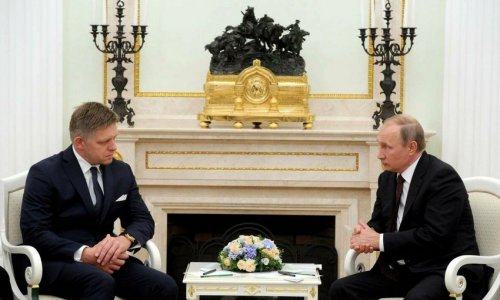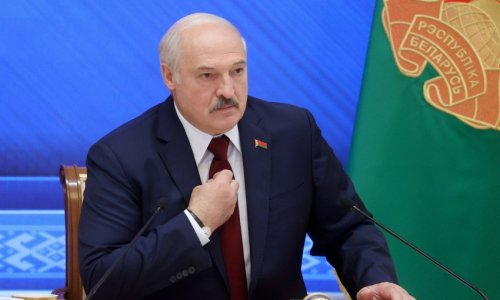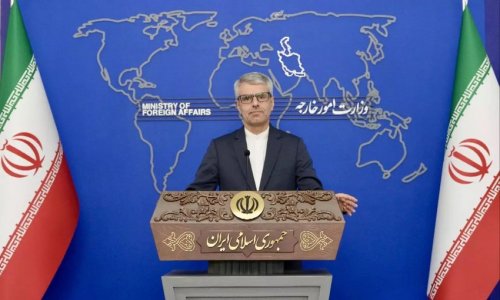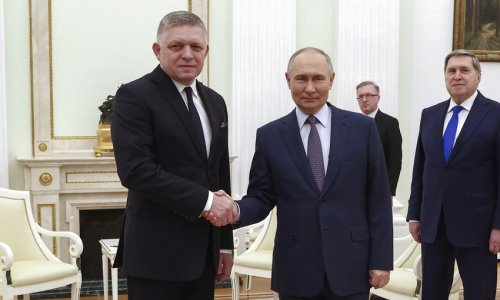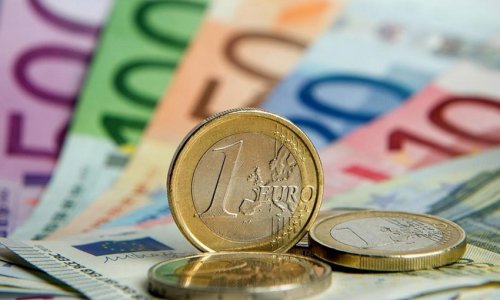Follow us !
Crimea crisis comes at a cost for Russia's economy
World
22:00 | 14.04.2014
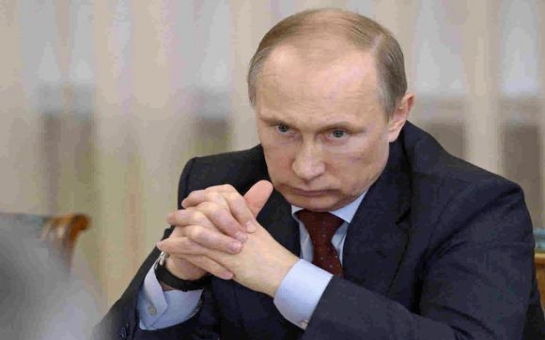
Crimea crisis comes at a cost for Russia's economy
The crisis in Ukraine is beginning to take a toll on Russia's already sputtering economy.Russia has been suffering the effects of lower international commodity prices. Like other emerging nations, it has also felt the impact of the U.S. Federal Reserve's decision to gradually close the spigot on bond purchases. Now Moscow's relationship with major Western countries is rapidly deteriorating due to its annexation of Crimea, sending investors fleeing. In the first quarter of this year, the net outflow of foreign capital from Russia has reached some $70 billion, according to an estimate announced March 24 by the Ministry of of Economic Development. That is already more than the $62.7 billion outflow for all of 2013. The crisis has also been exerting downward pressure on the Russian currency, the ruble, and fueling inflation.Many policymakers and economists say Russia's real growth rate will sink below 1% this year. To save the nation's listing economic ship, President Vladimir Putin is seeking to expand business ties with Asian powers like Japan and China. Nevertheless, Russia appears to be headed for a period of stagnation -- potentially even a recession.Ugly numbersFollowing the overthrow of pro-Kremlin Ukrainian President Viktor Yanukovych in February, Moscow intervened in Crimea and then annexed the predominantly ethnic Russian region. In a referendum, residents of Crimea voted to join the Russian Federation, though Western countries condemned the vote as illegal. In response, sanctions were slapped on Putin's coterie of aides and acquaintances. As the worst East-West standoff since the Cold War continues, investors are clearly concerned about the possibility of more biting sanctions. Unless something changes and calms their nerves, the capital flight is likely to continue.Alexei Kudrin, Russia's former finance minister, said Thursday that the outflow of funds could swell to a record $160 billion this year. Russia, he said, is paying the price for its independent foreign policy.Before the Ukraine crisis erupted, the Russian government had forecast economic growth of 2.5% for this year. But Alexei Ulyukayev, minister of Economic development, said Thursday that if capital flight reaches $100 billion this year, the growth rate could slow to 0.6%.Most economists expect the outflow to top that figure, regardless of whether the U.S. and Europe decide to impose additional penalties. If they do try to tighten the screws with extra sanctions, the World Bank said Wednesday that Russia's economy could shrink by 1.8%.Emergency measuresRussian consumers are being hit with rising prices, mostly because the weakening ruble is driving up import costs.Ulyukayev predicted that the inflation rate, which was 6.2% in February, will touch 7% by the middle of the year. The Russian central bank appears to have little hope of keeping inflation within its target range of 5-6%.There are also growing concerns that Russian companies and financial institutions will have a harder time raising money in Western financial markets. Elvira Nabiullina, the central bank's governor, pledged Thursday to "use all standard tools to provide liquidity to our banks." Her remarks, and other statements by Russian policymakers, suggest Moscow is ready to offer the same emergency measures adopted during the 2008 to 2009 financial crisis. Back then, the government spent billions of dollars to bail out major banks and companies; subordinated loans and unsecured loans are among the tools available.Finance Minister Anton Siluanov said the government is prepared to provide massive financial support and suggested tapping the National Wealth Fund, designed to support the pension system and financed with oil taxes.Eastern promisesPutin, meanwhile, is hoping Asia can offset Russia's souring business relations with the West.Immediately after the Kremlin decided to annex Crimea, the president dispatched Igor Sechin to Japan and China. Sechin is the president of Rosneft, a major state-owned energy company, as well as a Putin confidant.While Japan went along with the sanctions, Putin refrained from criticizing Tokyo and signaled his intention to maintain high-level diplomacy -- including a visit to Japan in the fall.Putin has also penciled in a trip to China in late May. Many expect the visit will yield some important economic deals.Valery Golubev, deputy chairman of the management committee of state-controlled gas giant Gazprom, on Thursday mentioned the possibility of Moscow and Beijing agreeing on a price for Russian natural gas. The two sides have been negotiating over this matter for years.Still, while Putin's Asian charm offensive may bring some benefits, it will not shore up Russia's economy right away.Asian companies, too, are reassessing the risks of doing business in Russia. A number of Japanese companies that had planned to participate in an economic mission to the country in late April are apparently reconsidering.Photo caption:President Vladimir Putin's decision to annex Crimea has exacerbated Russia's capital outflow problem. (asia.nikkei.com)ANN.Az

